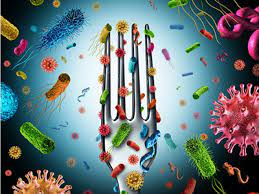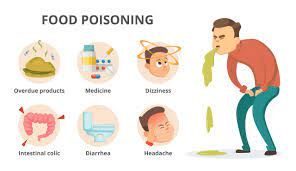Tooth infections after consuming meat can occur due to bacterial activity in the mouth. When we consume food, especially meat, the bacteria in our mouth break down the sugars and starches present in the food, producing acids as a byproduct. If these acids are not adequately neutralized by saliva or proper oral hygiene, they can lead to tooth decay and the formation of cavities.
Additionally, certain bacteria, such as Streptococcus mutans, thrive on the sugars found in meat and other foods, contributing further to tooth decay. These bacteria produce a sticky film called plaque, which adheres to the teeth and can erode the enamel, causing dental caries or cavities.
Maintaining good oral hygiene practices, such as brushing your teeth at least twice a day with fluoride toothpaste, flossing daily, and visiting the dentist regularly for check-ups and cleanings, can help prevent tooth infections and cavities. It is also important to limit the consumption of sugary and acidic foods, including those found in meat, and rinse your mouth with water after eating to remove any food particles or residue.
If you suspect a tooth infection or experience persistent tooth pain or sensitivity, it is crucial to consult a dentist for a proper diagnosis and treatment. They may recommend a dental filling, root canal treatment, or other appropriate interventions to address the infection and restore your oral health.






No comments:
Post a Comment